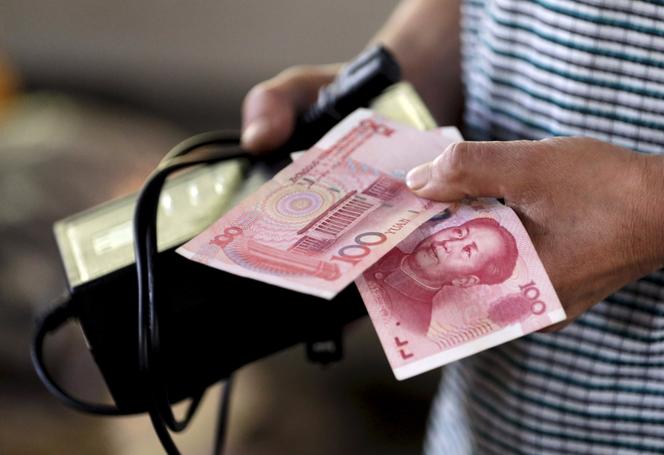


It arrived like a wake-up call for the management of VV Food & Beverage. A few weeks ago, the food company − one of China's leading soy milk producers − received notification of back taxes due from as far back as 30 years ago. The tax office in the central Chinese city of Zhijiang, where one of the company's subsidiaries produces alcohol, was claiming that 85 million yuan (10.8 million euros) were owed for failure to pay part of the tax on consumer goods between 1994 and 2009, which had not been demanded earlier.
The company has not been the only one targeted. In the tech capital of Shenzhen, LED screen producer LianTronics was asked to pay the equivalent of 2.5 million euros in taxes and a little more in fines for 2017 earnings. Broker ChinaLin, Ningbo Bohui Petrochemical Group and Zangge Mining have all complained of similar situations in recent months: The taxman has been reaching especially far back as if scraping the bottom of a barrel.
As the Chinese economy − whose real estate market has ground to a halt − struggles to recover from the Covid-19 pandemic years, the financial accounts of provinces, cities and townships have been having a hard time. While tax authorities have denied that there is any such nationwide campaign, the level of motivation of local offices collecting back taxes is "probably tied to the difficulties [being experienced by] local governments," said Xing Zhaopeng, an analyst at ANZ Bank.
It's been a tough time for local government agencies. The era of high-speed urbanization fueling economic progress seems to have long vanished. Attracted by opportunities for employment and education, many Chinese people left the countryside for cities. To accommodate them, real estate developers began massive construction projects. In a country where land belongs to the state, they would buy the right to use plots of land. These sales, done at auction, were a major source of revenue for town halls and prefectures. In return, they built the roads, railway stations and schools they needed to meet the growth targets set by Beijing.
The slowdown has changed the game. Revenues from the transfer of public lands accounted for 32% of state revenue in 2020, but only about 25% in 2022, 21% in 2023 and 12% in the first five months of 2024, according to calculations by Hang Seng Bank's chief economist for China, Dan Wang. At the same time, corporate activity has remained less dynamic than before the pandemic, to the detriment of income tax revenues.
You have 58.84% of this article left to read. The rest is for subscribers only.
